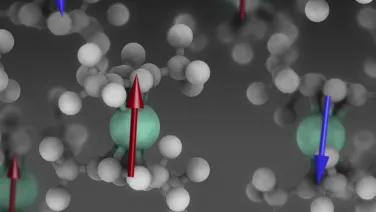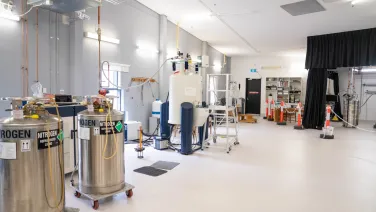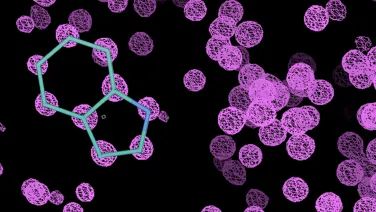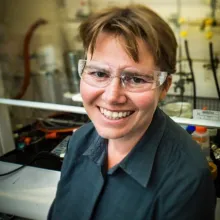
Physical and Biophysical Chemistry
Physical and Biophysical Chemistry underpin all other chemical disciplines.
About
Physical and Biophysical Chemistry underpin all other chemical disciplines. Physical chemistry seeks to explain the behaviour of matter at the atomic, molecular and macroscopic levels, and is characterized by the application of physics to describe phenomena. Important foci of physical chemistry include thermodynamics, reaction kinetics, colligative properties, electrochemistry, surface science, and spectroscopy. Biophysical chemistry uses the concepts of physical chemistry to probe biological systems of both molecular and supramolecular size. The RSC houses state-of-the-art instrumentation dedicated to characterization of chemical systems from atomic to macroscopic in scale.




















